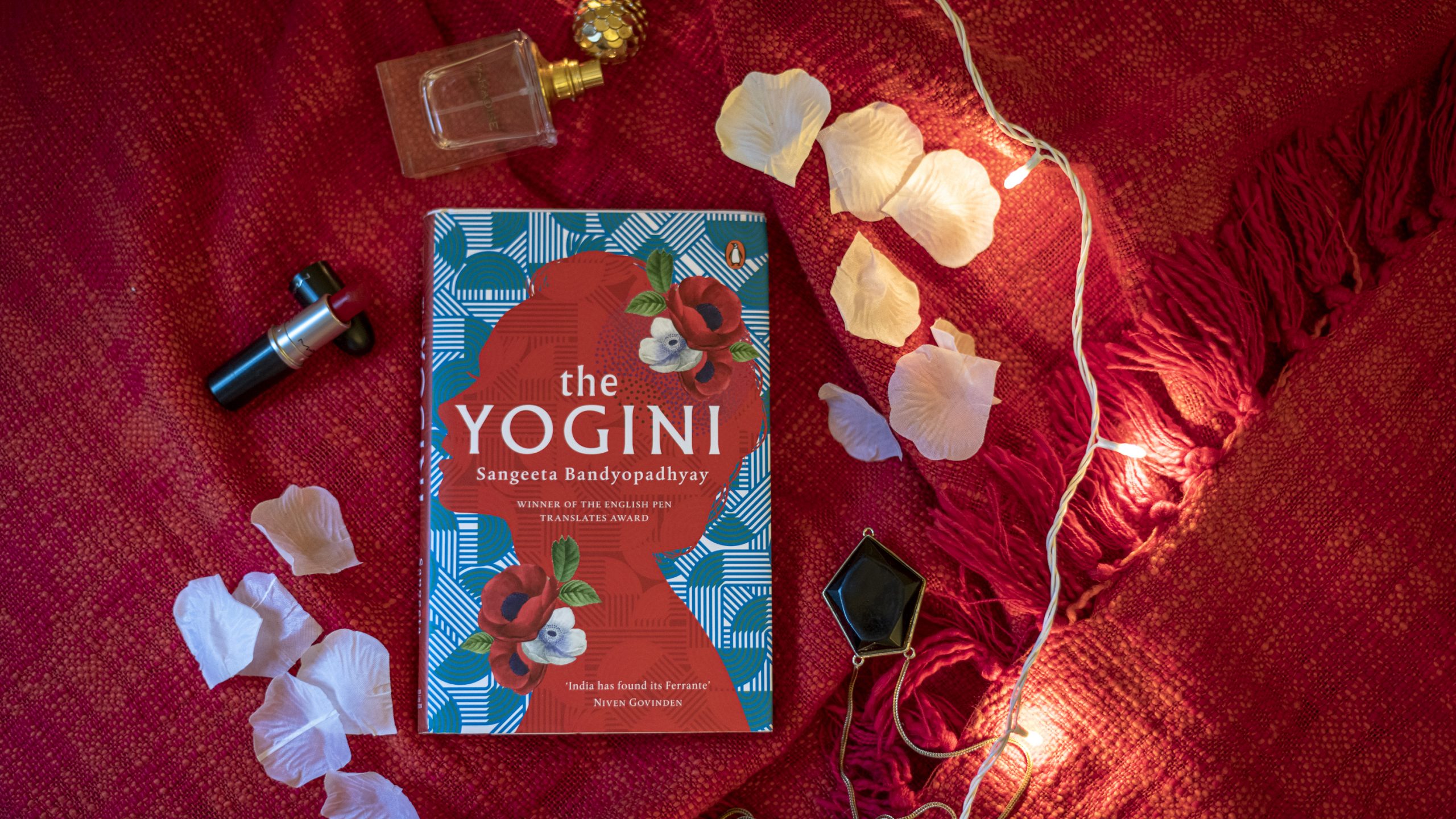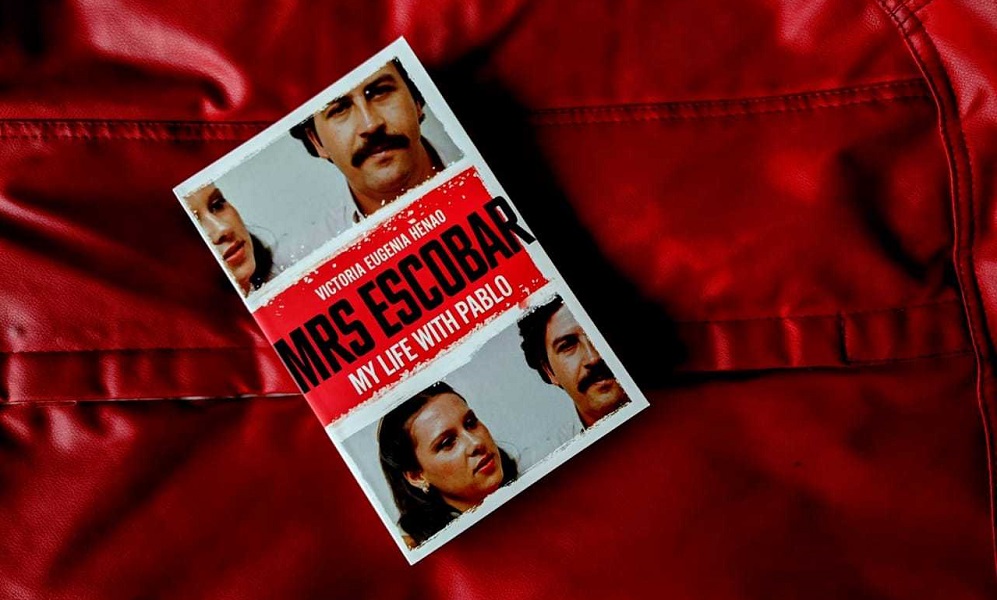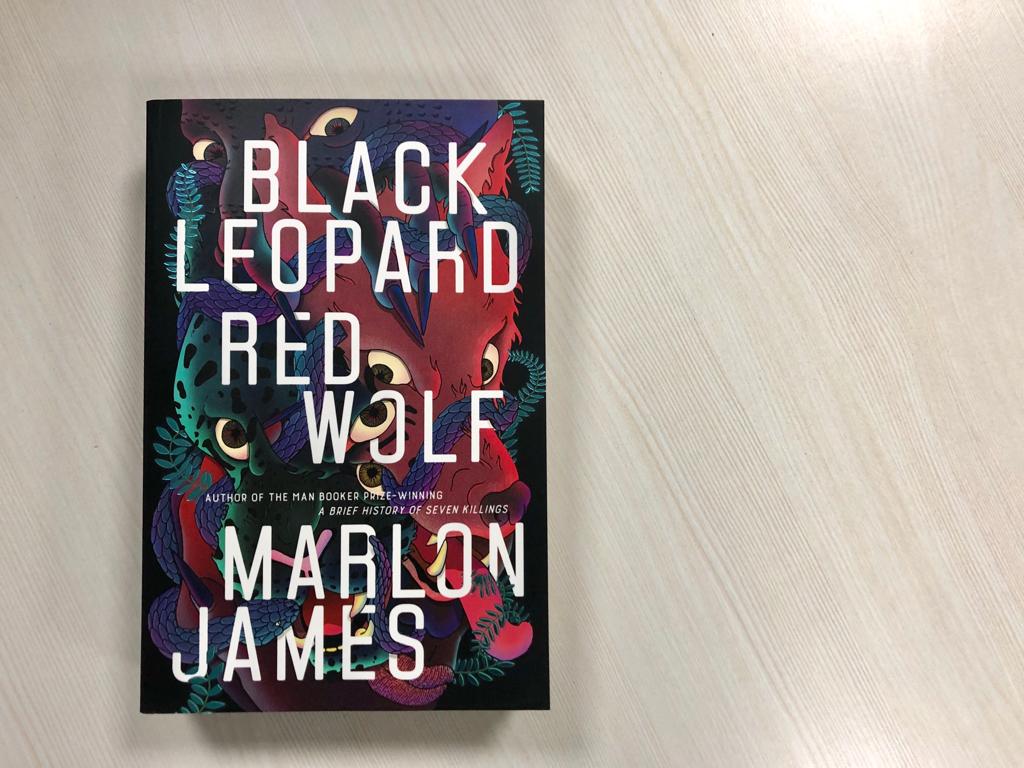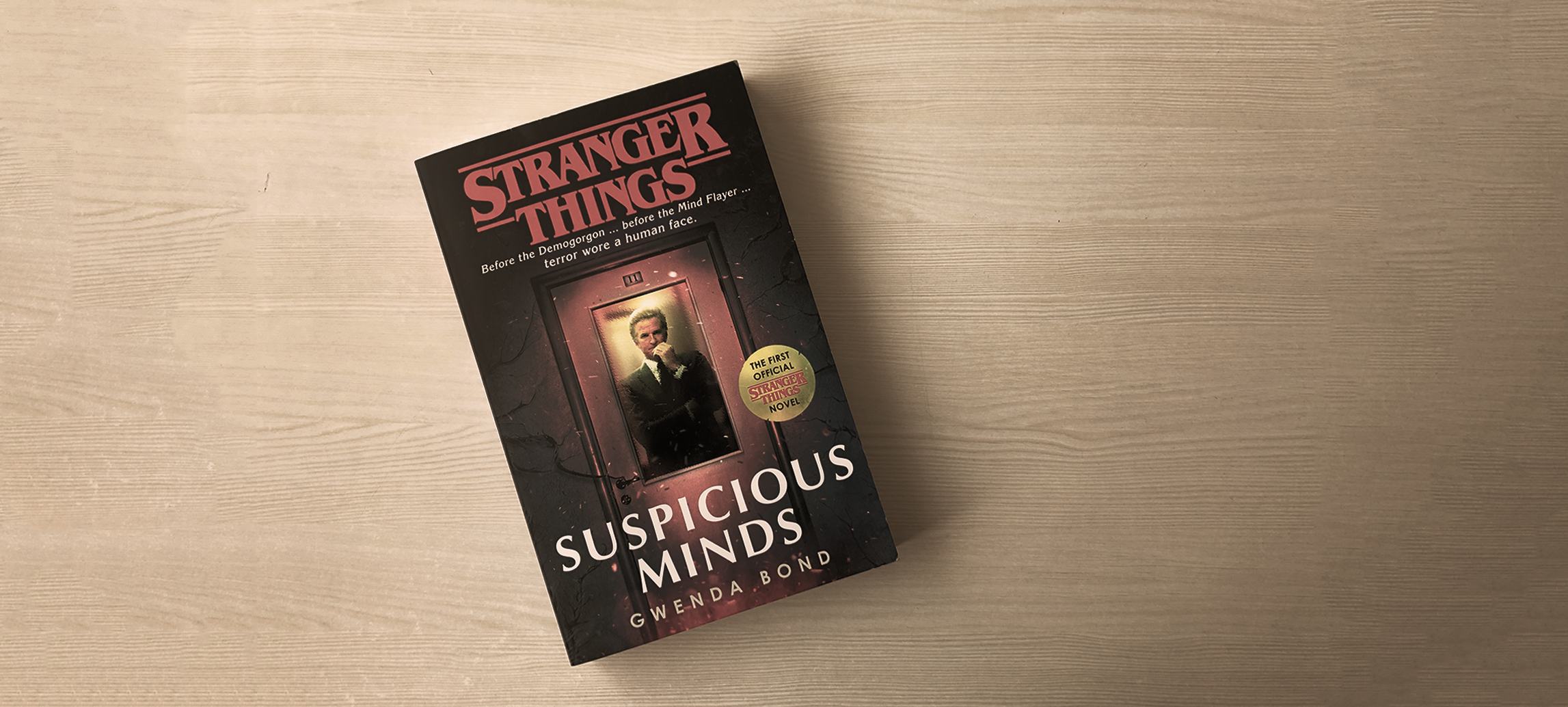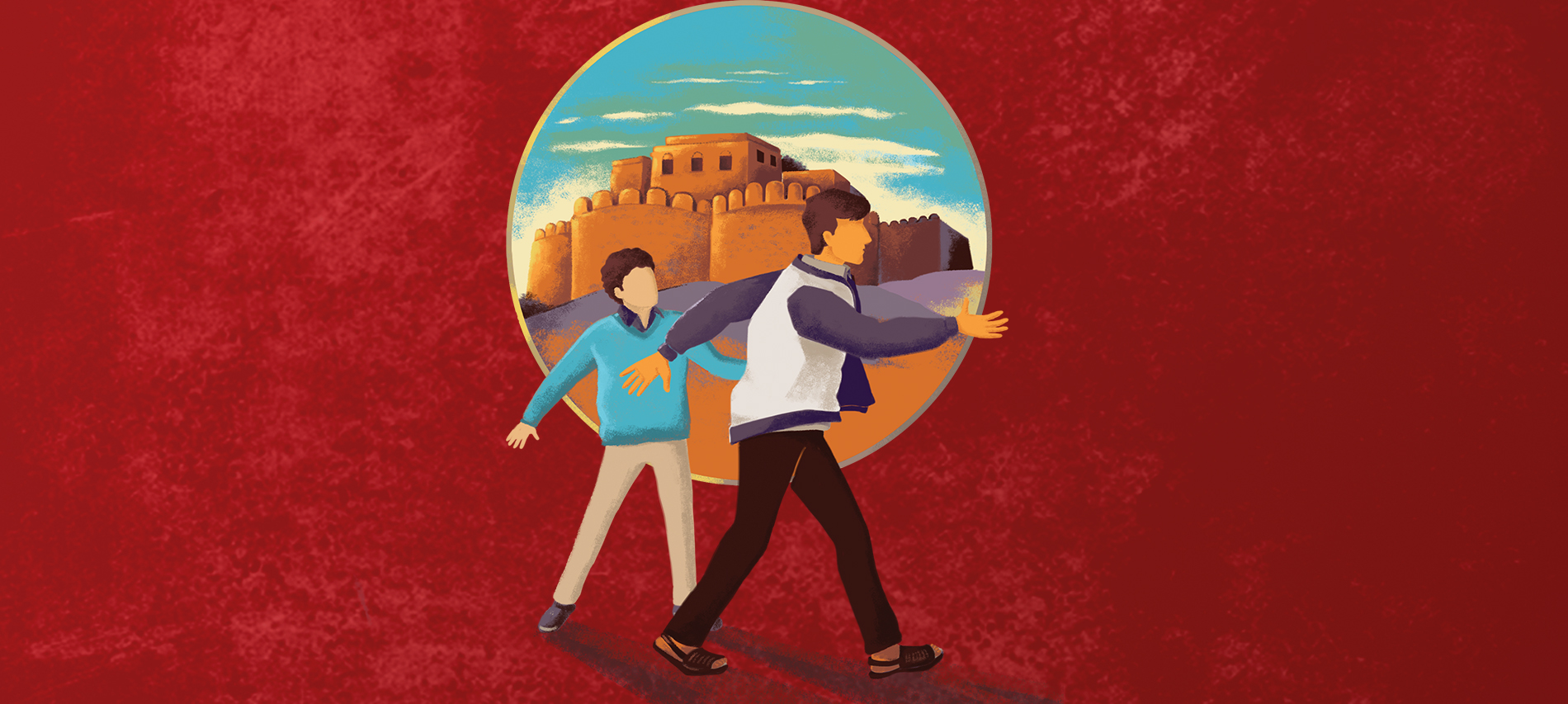Homi is a modern young woman who has her days split between a passionate marriage and a high-octane television studio job. Life, for her, goes on as usual until one day she is approached by a yogi on the street. This mysterious figure, visible only to her, begins to follow her everywhere and Homi finds him both frightening and inexplicably arousing.
In the book The Yogini, Sangeeta Bandyopadhyay tells the story of Homi as she embarks on a journey with this mysterious figure stalking her constantly.
Read to know more about the protagonist of this book: She is intelligent and interesting to talk to
“Can you tell me the difference between literature and news?” the CEO of the media company had asked
Homi when interviewing her three years ago.
“If news is the rain, literature is the water that gathers underground,” she’d replied. “The rainwater falls on the earth and seeps slowly through each of the layers underground before eventually becoming pure. News is what happened a moment ago – it has to pass through layers of time before it can become literature. When time and philosophy are added to news, what you get is literature.”
Housework is not her cup of tea
Homi and Lalit didn’t go shopping regularly. And when they did, they ended up with precisely what they didn’t need. Instead of detergent, Homi bought gardening tools. Or other things she liked: clothes, perfume, jewellery. Every time Lalit bought mushrooms, they had to be thrown away, because no one had remembered to cook them.
She likes her own company
Homi had no real friends of her own. She was on good terms with everyone, but couldn’t progress beyond a certain level of intimacy. She knew that people became demanding when friendship turned into a relationship, and she didn’t care for commitments. But then how did she manage her job? She did manage it, and she could, by projecting an image of herself as a creative type, so that no one interfered with her work.
She doesn’t let anyone sway her
”As I said, the influence that most people exert is missing from your life, madam. You consider no one close or distant, good or evil. You love no one, but nor do you respect or hate them. You simply don’t acknowledge the existence of others. You are the only person in your world.” (page 76)
She is followed by a hermit, visible only to her
Again, she retreated as he approached her, holding out a hand with tongs in it. A hermit’s usual paraphernalia. It was obvious no one else could see him, since it was impossible for such a frightening man to advance towards a lone woman, especially at this hour of the night, without anyone intervening.
The hermit is a manifestation of her fate
”You don’t recognise me, Empress,” he said after a brief silence. ”I am your fate,” he continued – and disappeared at once.
Is he my fate? Homi asked herself. Suddenly she wanted to vomit. Her body felt violated, desiring numbness, as though it had assumed all this time that she could never have been subject to fate. Never, it was impossible!
To find out how Homi’s battle with the yogi plays out, grab your copy of The Yogini today







